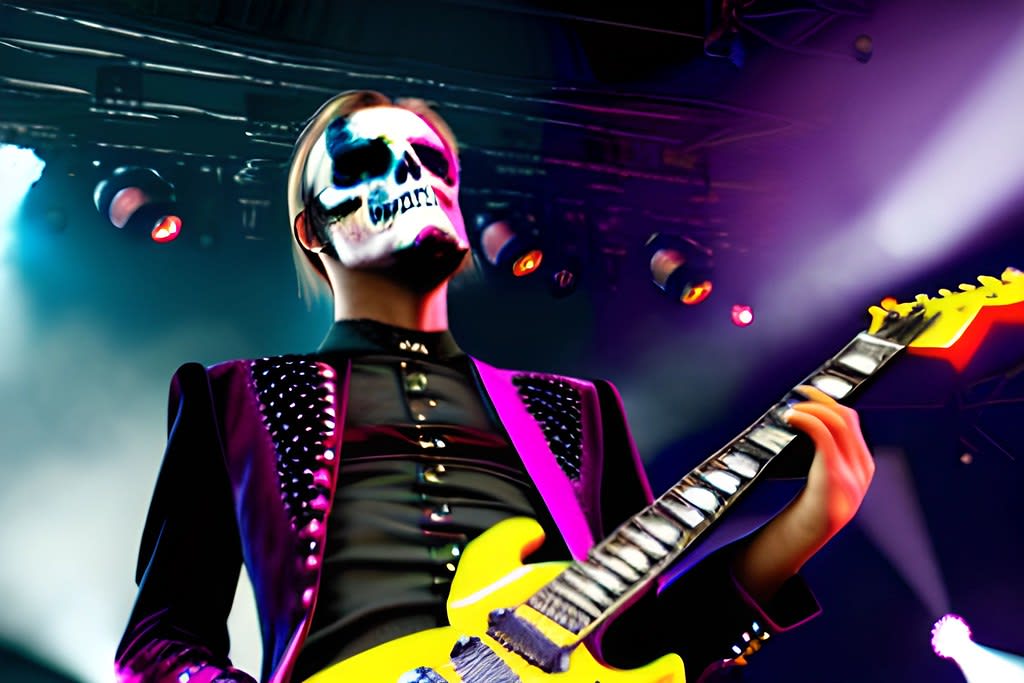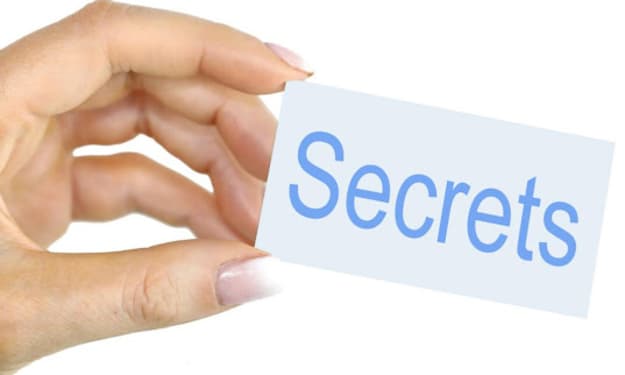Eminem or artificial intelligence? AI-generated songs raise copyright questions
AI meets music, but what's it mean for copyrights?

The emergence of artificial intelligence (AI) in the music industry has opened up a new realm of creative possibilities. AI can generate music pieces in a matter of seconds, allowing composers to experiment with sounds and styles they might never have thought of before. AI-powered music also offers a way for artists to collaborate with virtual "musicians" and even simulate the sound of live performances.
However, the use of AI in music creation raises ethical concerns, especially when it comes to copyright infringement. In recent years, several AI-generated songs have been released on popular streaming platforms without the consent of the original artists or copyright holders. This has sparked debates about the legality and morality of using AI to create music that imitates or copies existing works.
One example of this is the recent controversy surrounding an AI-generated track that sounded like Detroit rapper Eminem. The video of DJ David Guetta playing the track went viral on social media, raising questions about the fine line between creativity and plagiarism. While the track was not released commercially, some social media users have shared AI-generated songs featuring other popular artists on platforms such as TikTok and Spotify.
The use of AI to create music is not a new phenomenon. For several years, researchers and musicians have been experimenting with AI-generated music, exploring the potential of machine learning algorithms to create new sounds and styles. However, the recent developments in AI technology have made it possible to generate music that sounds remarkably like human-produced music. This has led to concerns that AI-generated music could be used to replace human musicians, or worse, to steal their work.
One of the main ethical concerns surrounding AI-generated music is the issue of consent. When an artist creates a piece of music, they own the copyright to that work, and they have the right to control how it is used and distributed. However, when an AI generates a piece of music that imitates or copies an existing work, it can be difficult to determine who owns the copyright and who has the right to control its use.
This issue was highlighted recently when an AI-generated track featuring rapper Drake and singer The Weeknd was pulled down after garnering millions of listens online. The track, called "Heart on My Sleeve," had not been authorized by either artist, and it was unclear who owned the copyright to the music. This highlights the need for clearer guidelines around the use of AI-generated music and the rights of copyright holders.
Another concern is the potential for AI-generated music to undermine the artistic process. When an artist creates a piece of music, they are expressing their unique perspective and vision. However, when an AI generates music, it is simply analyzing data and patterns to create something that sounds like music. While this can be a useful tool for composers, it raises questions about the role of human creativity in the music-making process.
Some argue that AI-generated music is simply a tool for artists to use, and that it should not be seen as a replacement for human creativity. Others believe that AI-generated music is a threat to the music industry, and that it could be used to replace human musicians and composers. The reality is likely somewhere in between. AI-generated music has the potential to be a valuable tool for artists, but it should be used ethically and responsibly.
As Jonathan Anderson, an associate professor of composition at Wayne State University, notes, the use of AI-generated music raises complex ethical questions that require careful consideration. Lack of consent can be equally damaging to both established and upcoming artists, causing them to lose control of their work and artistic vision. The issue of who owns the copyright to AI-generated music is also a significant concern, as it can be difficult to determine who has the right to control its use.
In conclusion, the use of AI in music creation is a fascinating
About the Creator
Syed Shaharyar Raza Razvi
I'm Syed, a tech enthusiast with a love for sports & games. I'm passionate about staying up-to-date with the latest advancements in technology. I hope to share my insights and perspectives on the intersection of technology, sports & gaming






Comments
There are no comments for this story
Be the first to respond and start the conversation.